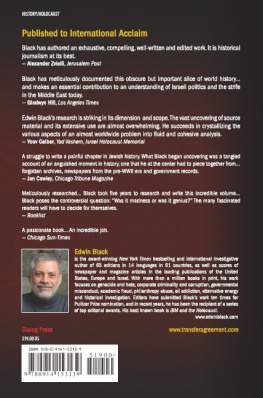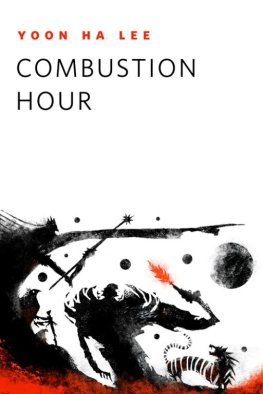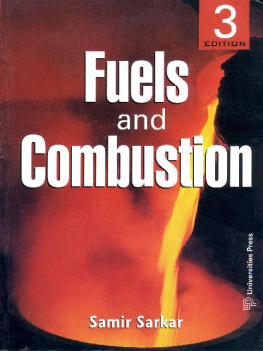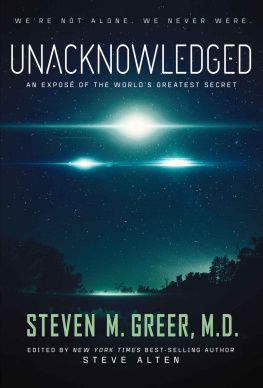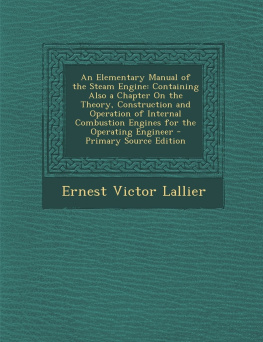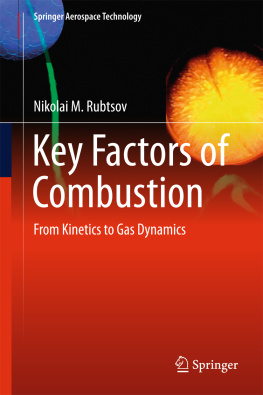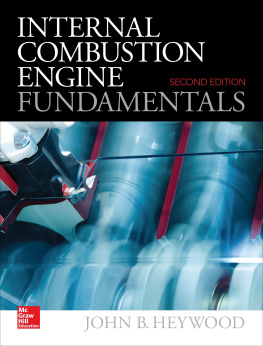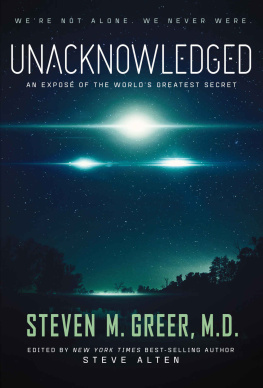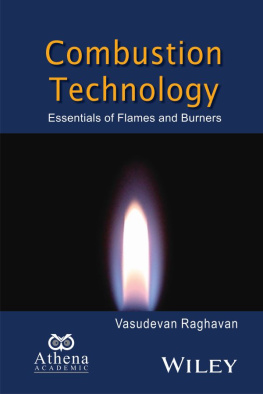ACKNOWLEDGMENTS
R eaching back to the beginning of recorded history and forward to civilizations resulting industrial denouement required a sophisticated, aggressive, and dedicated team of researchers and experts willing to help me eke out the smallest particles of fact to establish the big picture.
My question was simple: How did we get here, to the crumbling apex of mankinds century-plus addiction to petroleuman addiction that threatens to destroy us and our planet? I found the answers, but I could not have done it alone. I had helpa lot of it.
Once again, as with my five previous books, I assembled a stellar team of several dozen extraordinary minds working at more than one hundred repositories in four countries to help me exhume the documentation and excavate history. The challenge was great and required constructing a knowledge base stretching from ancient times to the near future. Many on my team were veterans of my previous research efforts, IBM and the Holocaust, The Transfer Agreement, War Against the Weak, and Banking on Baghdad. After working with several hundred researchers and interns over the years, I can honestly declare my team to be among the best researchers in the nation. More than that, they bonded with the subject matter because this time the history becomes the road map for our future existence.
More than just research, all of my books require an elaborate factual infrastructure. Every documentand in this case there were more than fifty thousandmust be reviewed with the mentioned dates highlighted so they can then be filed in chronological order, one folder for each month of the twentieth century, and more encompassing folders for the prior decades of the Industrial Age. Then the relevant documents were placed into thematic folders, for such topics as coal, or electric vehicles, or GM and the Nazis. Then documents were further organized into archival files that mirror the unique filing systems of the original repositories. This meant that many documents were reviewed, copied, and cross-referenced a dozen or more times. Just processing documents was a massive undertaking.
Leading the team in my Washington office was my chief documen-tarian, Paul Dwyer. Dwyer has worked as a team member on two prior books, War Against the Weak and Banking on Baghdad. But this time, Dwyer sat in the number-one chair, coordinating several dozen other researchers, overseeing the mass copying of some fifty thousand documents and the building of triple cross-referenced archive and reference files, which now consume twelve legal-size filing drawers. Plus, he managed the review of scores of books and periodicals. He also oversaw the footnoting and fact-checking operation that required the hair-splitting cross-examination of thousands of findings with thousands of footnote entries, which were then yellow-lined and placed in folders organized by footnote number for instant recall. Dwyer is a monumental intellect.
Also in my Washington office: Barb Jewell, who spent months organizing documents, assembling facts, and footnoting the early chapters; Anna Snodgrass, who helped footnote the later chapters; and John Cor-rado, a star footnoter who worked the night shift on some of the last chapters. In addition, David and Melissa Keleti worked overnight to organize records. Sarah Collins, Patricia Montesinos, Rachel Black, Eric Moore, Rebecca Corrado, and several others also assisted. I cannot mention all who labored long hours in Washington, but they created an ideal team, and I was blessed with their help.
Detroit was a major center of research, and there our team was headed by Estelle Davidson, who worked with me during my visits to the Benson Ford Research Center, several branches of the Detroit Public Library holding archival collections, Wayne State University Library manuscript collections, and other facilities. Estelle, who hails from the Wayne State University Law School, undertook voluminous archival searchesfrom the original papers of Henry Ford to those of the United Auto Workers. She also headed up our fact-checking operation, working for months to trace back the sources of other secondary materials. This required examining documents and publications often more than a century old. Frequently, she found the errors other researchers had made, allowing us to correct the record and history. Estelle was on occasion assisted by Sandra Maurer and others. I cannot mention them all, but everyone worked diligently, achieving important results.
In California, Adam Chapman, Allyson Rowen Taylor, and others worked beside me tirelessly in the Huntington Library; and energy experts Mark Abramowitz and Hank Wedaa provided extraordinary technical materials regarding hydrogen and alternative fuels. Dr. Paula Vastine headed up our Texas research, working with me at the DeGolyer Archives of Southern Methodist University, as well as at the libraries of Tarrant County College, University of Texas, Texas Christian University, and the University of North Texas, among other locations. In Boston, Jennifer Mazzucca and others researched at Harvard Universitys several libraries.
Elizabeth Black performed invaluable research on National City Lines at the Georgia State University archives, studied obscure taxi and vehicle industry records at the New York Public Librarys Science, Industry, and Business Library, devoted many long days to scrutinizing century-old automotive editions at Washingtons Smithsonian Museum of American History, and reviewed the highly restrictive manuscript collection at Yales Sterling Library detailing GMs protracted collaboration with Nazi Germany. She also helped in the close editing of my chapters, as she has done so effectively on my five prior books. Lizs support during this project, as always, was indispensable and irreplaceable.
Eve Jones in New York, who has worked on several of my books, rendered invaluable research at Columbia Universitys libraries and archive collections, working with eye-straining oral-history transcripts; she also pored over hundreds of folders in the unprocessed holdings of the Edison National Historic Site in West Orange, New Jersey. In addition, Eve periodically traveled to Washington to join the footnoting team. Eves exacting intellect shows in all her work. Eve was assisted in New York and in New Jersey by Adam Dokoupil, Dorothy McMahon, and others.
A major months-long investigation of the unprocessed Milwaukee Road files at the Milwaukee Public Library was undertaken by Suzanne Davidson, who also assisted with line-by-line proofing of the text. Suzanne was a powerhouse of editorial assistance and generally the last stop before the manuscript was submitted to the publisher. Frequently, Suzanne worked while I and others on the team slept.
Carol Disalvo worked long and hard at Nova Southeastern University in Fort Lauderdale, and at other repositories. Nancyrae Kjelgaard provided many hours at the Tampa Historical Society and other local facilities. Derek Hansell worked in several archives in Minneapolis. Phyllis Bailey headed up efforts in Canada and assisted with French-language translation. Nick Charles, a brilliant London researcher, provided excellent research at the British Library, the Public Record Office, and other British repositories; Nick has worked with me on several projects, and his keen knowledge of history makes his work invaluable.
In a special category are our many virtual researchers who mined the databases, sometimes while we slept, and not infrequently on a moments notice during daylight hours. This large group included Lorraine Ramsey and Jamie Awamleh in California, David Arnold in St. Louis, and Paula Vastine in Fort Worth. But our superstar of database and electronic research was Adam Finkel, who began the project reluctantly and knowing little about the exacting and punishing demands of my deadline-driven brand of research. Within a year Adam evolved into a fearsome and skilled data warrior to whom we turned day and night to substantiate facts minis-cule and major; Adams fingerprints can be seen at the bottom of many pages. There were other virtual researchers, too numerous to mention.



